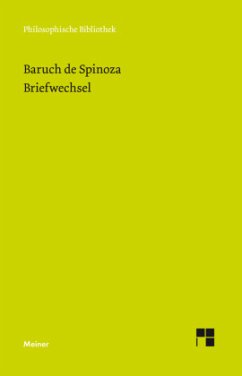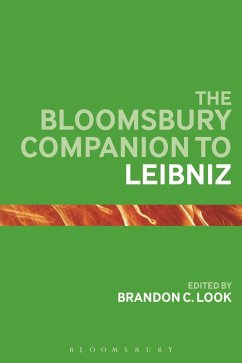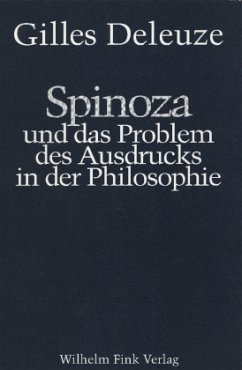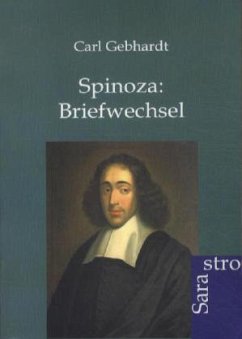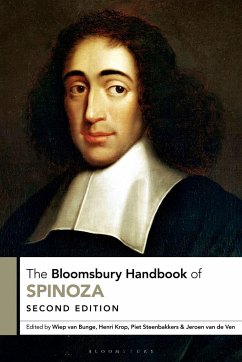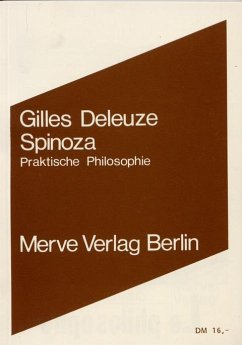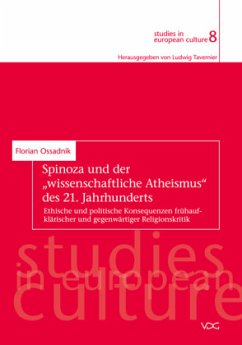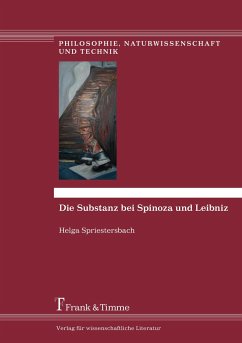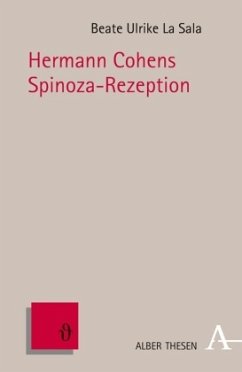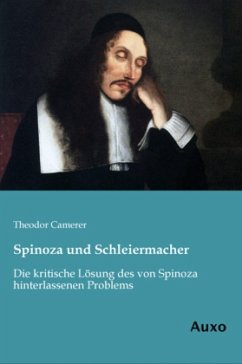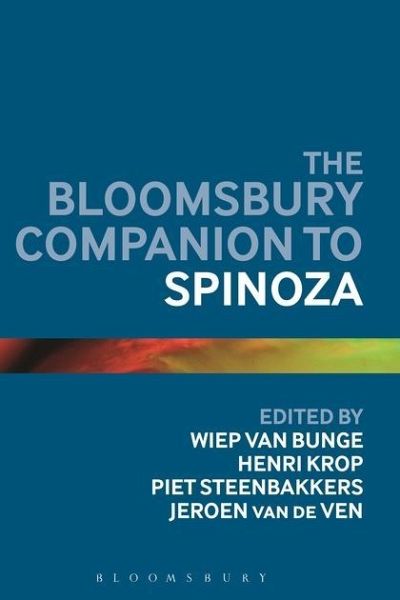
The Bloomsbury Companion to Spinoza
Benedictus Spinoza (1632-77) was among the most important of the post-Cartesian philosophers of the second half of the seventeenth century and is still widely studied today. He made original contributions in every major area of philosophy and is best known for his Ethics, which is often held up as a supreme example of a self-contained metaphysical system intended to explain the universe.The Bloomsbury Companion to Spinoza is the first to offer an accessible, encyclopaedic account of Spinoza's life and ideas, his influences and commentators, and his lasting significance. Some of the best featur...
Benedictus Spinoza (1632-77) was among the most important of the post-Cartesian philosophers of the second half of the seventeenth century and is still widely studied today. He made original contributions in every major area of philosophy and is best known for his Ethics, which is often held up as a supreme example of a self-contained metaphysical system intended to explain the universe.
The Bloomsbury Companion to Spinoza is the first to offer an accessible, encyclopaedic account of Spinoza's life and ideas, his influences and commentators, and his lasting significance. Some of the best features include an annotated chronology of Spinoza's life, bibliographies of his major influences and critics, a substantive dictionary of key Spinozan concepts, summaries of Spinoza's principal writings and concludes with a chapter on Spinoza's place in modern academic scholarship. The volume is also updated with words on the recent major event in Spinoza scholarship with the discovery of the Vatican manuscript of Spinoza's Ethics.
The Bloomsbury Companion to Spinoza is a valuable research tool for anyone interested in Spinoza and the era of great change in which he lived and wrote.
The Bloomsbury Companion to Spinoza is the first to offer an accessible, encyclopaedic account of Spinoza's life and ideas, his influences and commentators, and his lasting significance. Some of the best features include an annotated chronology of Spinoza's life, bibliographies of his major influences and critics, a substantive dictionary of key Spinozan concepts, summaries of Spinoza's principal writings and concludes with a chapter on Spinoza's place in modern academic scholarship. The volume is also updated with words on the recent major event in Spinoza scholarship with the discovery of the Vatican manuscript of Spinoza's Ethics.
The Bloomsbury Companion to Spinoza is a valuable research tool for anyone interested in Spinoza and the era of great change in which he lived and wrote.





